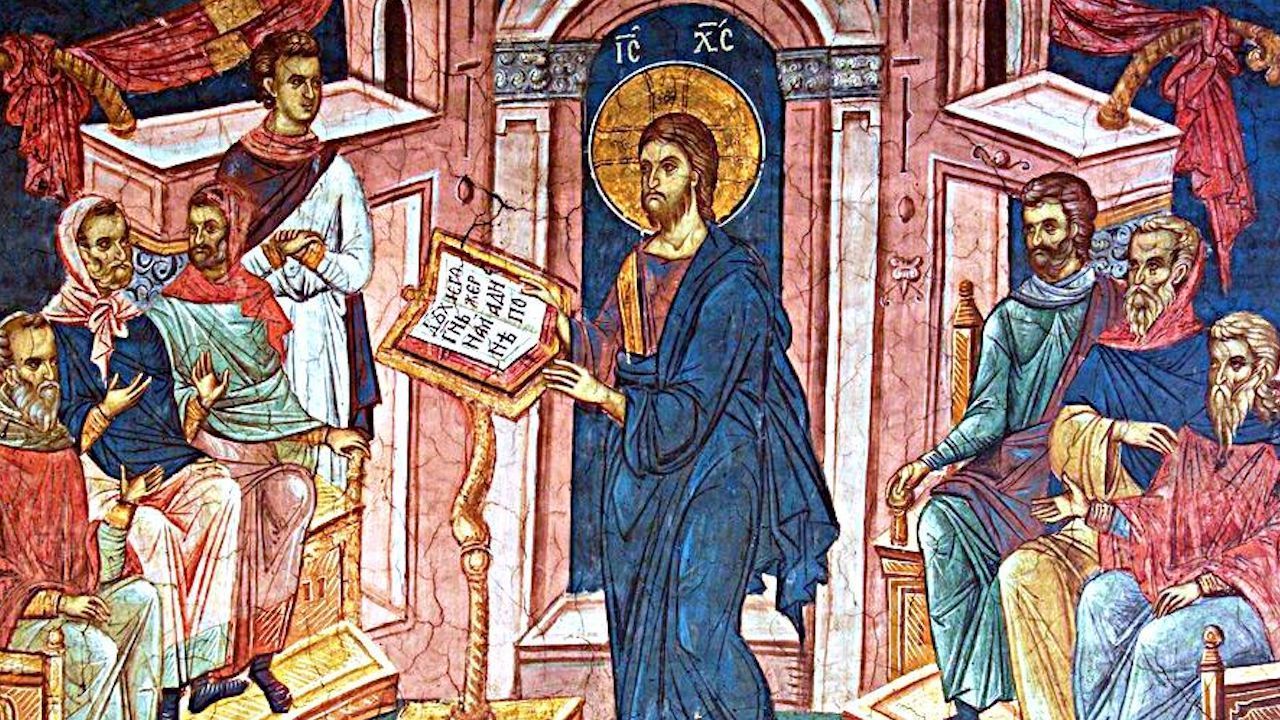WE MUST
not glibly assume that the failure of Christians always is due to bad will, to laziness, or to crass sinfulness. Rather it is due to confusion, to blindness, to weakness, and to misunderstanding. We do not really appreciate the meaning and greatness of our vocation. We do not know how to value the “unfathomable riches of Christ” (Eph. 3:9). The mystery of God, of the divine redemption and of His infinite mercy is generally nebulous and unreal even to “men of faith.” Hence we do not have the courage or the strength to respond to our vocation in all its depth. We unconsciously falsify it, distort its true perspectives, and reduce our Christian life to a kind of genteel and social propriety. In such an event Christian “perfection” no longer consists in the arduous and strange fidelity of the spirit to grace in the darkness of the night of faith. It becomes, in practice, a respectable conformity to what is commonly accepted as “good” in the society in which we live. The stress is then placed on exterior signs of respectability.
Certainly this exteriority must not automatically be dismissed as pharisaism, itself altogether too facile a cliché. There may indeed be much real moral goodness in this kind of respectability. Good intentions are not lost in the sight of God. However, there will always be a certain lack of depth and a definite one-sidedness, an incompleteness that will make it impossible for such persons to attain to the full likeness of Christ, unless they can transcend the limitations of their social group by making the sacrifices demanded of them by the Spirit of Christ, sacrifices which may estrange them from certain of their fellows and force upon them decisions of a lonely and terrible responsibility.
The way of Christian holiness is, in any case, hard and austere. We must fast and pray. We must embrace hardship and sacrifice, for the love of Christ, and in order to improve the condition of man on earth. We may not merely enjoy the good things of life ourselves, occasionally “purifying our intention” to make sure that we are doing it all “for God.” Such purely abstract and mental operations are only a pitiful excuse for mediocrity. They do not justify us in the sight of God. It is not enough to make pious gestures. Our love of God and of man cannot be merely symbolic, it has to be completely real. It is not just a mental operation, but the gift and commitment of our inmost self.
Obviously this means going a little further than the vapid preachments of that popular religion which has led some people to believe that a “religious revival” is taking place among us. Let us not be too sure of that! The mere fact that men are frightened and insecure, that they grasp at optimistic slogans, run more frequently to Church, and seek to pacify their troubled souls by cheerful and humanitarian maxims, is surely no indication that our society is becoming “religious.” In fact, it may be a symptom of spiritual sickness. It is certainly a good thing to be aware of our symptoms, but that does not justify our palliating them with quack medicines.
Let us not therefore delude ourselves with easy and infantile conceptions of holiness.
It is unfortunately quite possible that a superficial religiosity, without deep roots and without fruitful relation to the needs of men and of society, may turn out in the end to be an evasion of imperative religious obligations. Our time needs more than devout, Church-going people who avoid serious wrongs (or at least the wrongs that are easily recognized for what they are) but who seldom do anything constructive or positively good. It is not enough to be outwardly respectable. On the contrary, mere external respectability, without deeper or more positive moral values, brings discredit upon the Christian faith.
The experience of twentieth-century dictatorships has shown that it is possible for some Christians to live and work in a shockingly unjust society, closing their eyes to all kinds of evil and indeed perhaps participating in that evil at least by default, concerned only with their own compartmentalized life of piety, closed off from everything else on the face of the earth. Clearly, such a poor excuse for religion actually contributes to blindness and moral insensitivity, and in the long run it leads to the death of Christianity in whole nations or whole areas of society. […]
That is why it is perhaps advisable to speak of “holiness” rather than “perfection.” A “holy” person is one who is sanctified by the presence and action of God in him. He is “holy” because he lives so deeply immersed in the life, the faith, and the charity of the “holy Church” that she manifests her sanctity in and through him. But if one concentrates on “perfection” he is likely to have a more subtly egoistic attitude. He may run the risk of wishing to contemplate himself as a superior being, complete and adorned with every virtue, in isolation from all others and in pleasing contrast to them. The idea of “holiness” seems to imply something of communion and solidarity in a “holy People of God.” The notion of “spiritual perfection” is appropriate rather to a philosopher who, by the knowledge and practice of esoteric disciplines, unconcerned with the needs and desires of other men, has arrived at a state of tranquility where passions no longer trouble his pure soul.
This is not the Christian idea of holiness.
~Thomas Merton, Life and Holiness
*Register for the
Eighth Day Symposium
("For I Am Holy: The Command to Be Like God") before regular registration rates begin on January 7.










